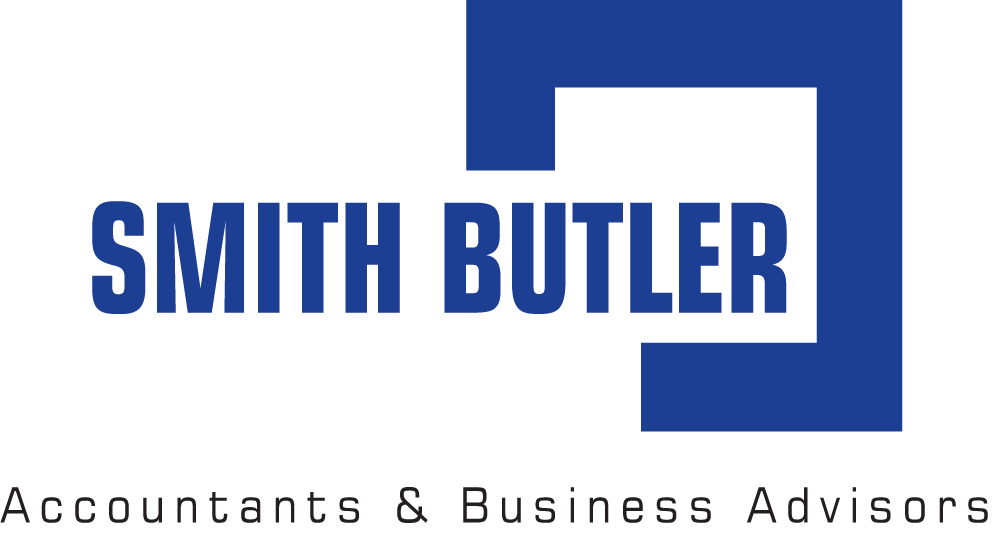As we’ve mentioned previously, one of the key components in a successful Making Tax Digital transition will be the type of software programme that you choose for your business. While simply thinking about the move from saving key information and accounts in a physical location to saving it somewhere ‘in the ether’ can feel daunting, the fact is that we are living in an increasingly digitised world and making the move to digital will not just help your business prepare for Making Tax Digital but also help its processes become more streamlined. For the penultimate post in our Making Tax Digital series, we thought we’d look at the key advantages of making the move to Cloud Accounting.
The main concern most people have about moving their confidential documents onto the Cloud is that of security. The majority of us have been storing sensitive information in one physical location since computing in the workplace became standard, so, particularly when we consider the data hacks that are reported on a seemingly regular basis, it can be hard to think of the Cloud as a secure environment. In fact, this is quite the opposite as, in order to ensure their reputation and gain more customers, the top Cloud hosting companies heavily invest in security and backup. Add to this that only authorised account holders can access your selected Cloud provider and it is easy to see that, chosen wisely, storing your information in the Cloud could well be more secure than storing in a physical location, provided that the key caveats of creating sufficiently strong passwords and restricted user access are followed.
User Experience is another clear advantage to Cloud Accounting. In a digitised world, and with flexible working recently cited as more valuable than a pay rise, Cloud Accounting can allow trusted employees the opportunity to complete work out of the office. Whether this is to accommodate emergency childcare or an unexpected event, being able to accommodate occasional flexible working will add value for your employees and in turn add value to your business. Almost all software providers offer ‘dashboards’ and allow you to choose what data you would like to be displayed when you login. This means that properly trained book-keepers can have instantaneous access to detailed technical data, whereas someone who only logs in occasionally could simply see top-line data and reports. No more wading through masses of data to find the report you need!
As we’ve mentioned before, we live in an increasingly digitised world and one of the many positives of moving to Cloud Accounting is the opportunity it affords you to future-proof your business. Some Cloud Accounting software has already been developed to ensure that it complies with the new GDPR, and, for a similar reason that cloud hosting companies invest in security, web-based software is likely to be regularly updated by its creators to ensure that it stays in line with current legislation. Your cloud accounting software should also be able to take care of pension auto-enrolment and enable you to share updates with your clients as well as helping your business to become more streamlined.
We hope that you’ve found this post useful! We’d love to hear your thoughts on Making Tax Digital and Cloud Accounting, just leave a comment below! If you have any questions at all about Making Tax Digital drop us a line at email@smithbutler.co.uk to see if we can help.
